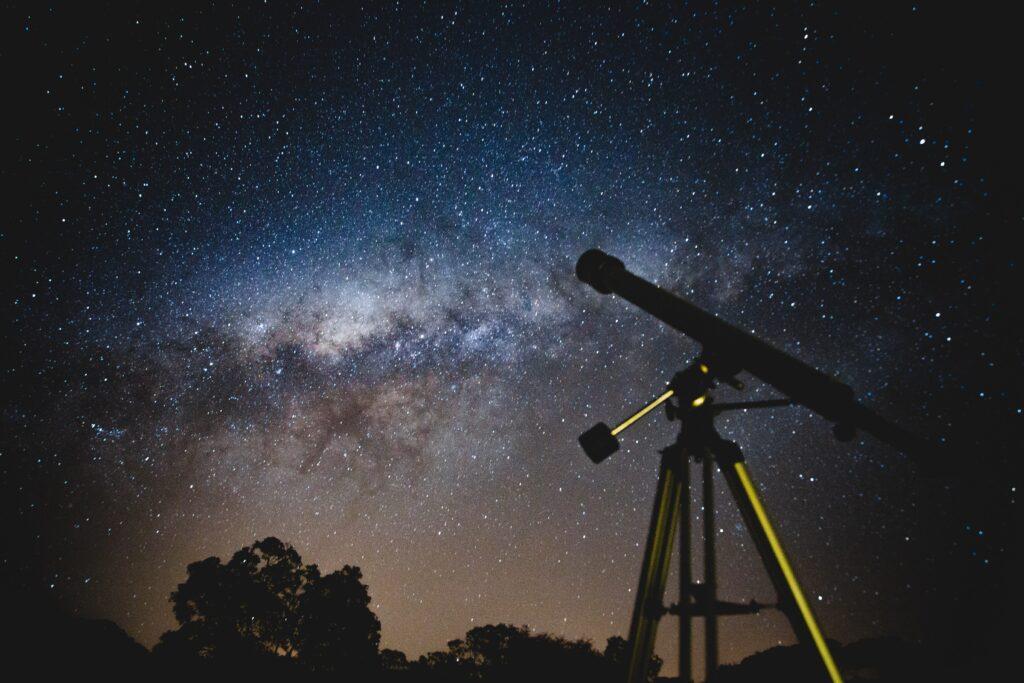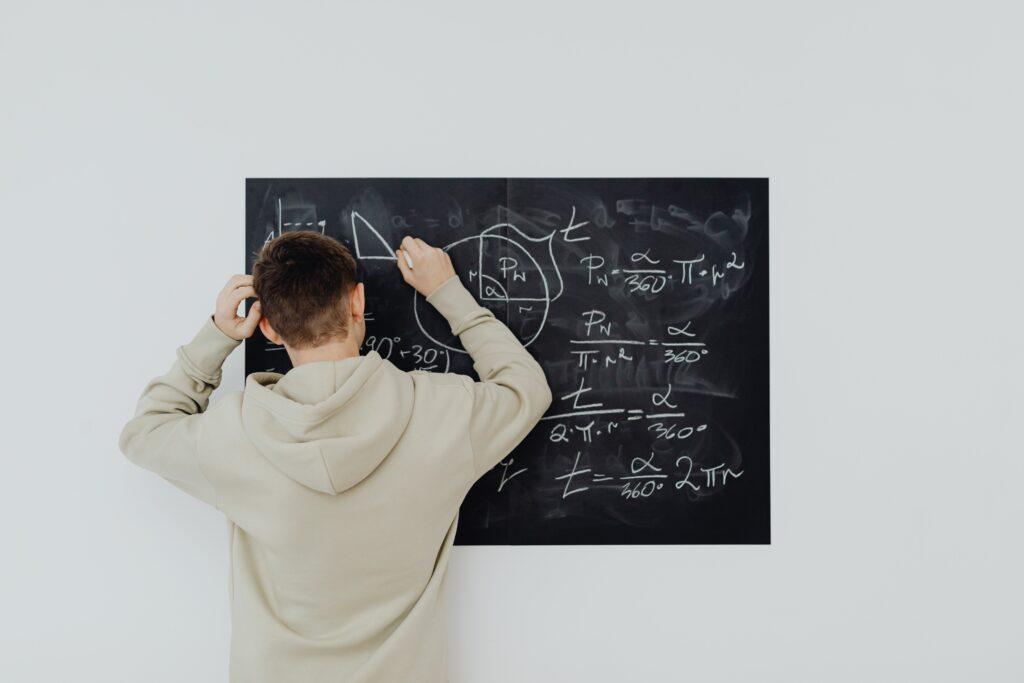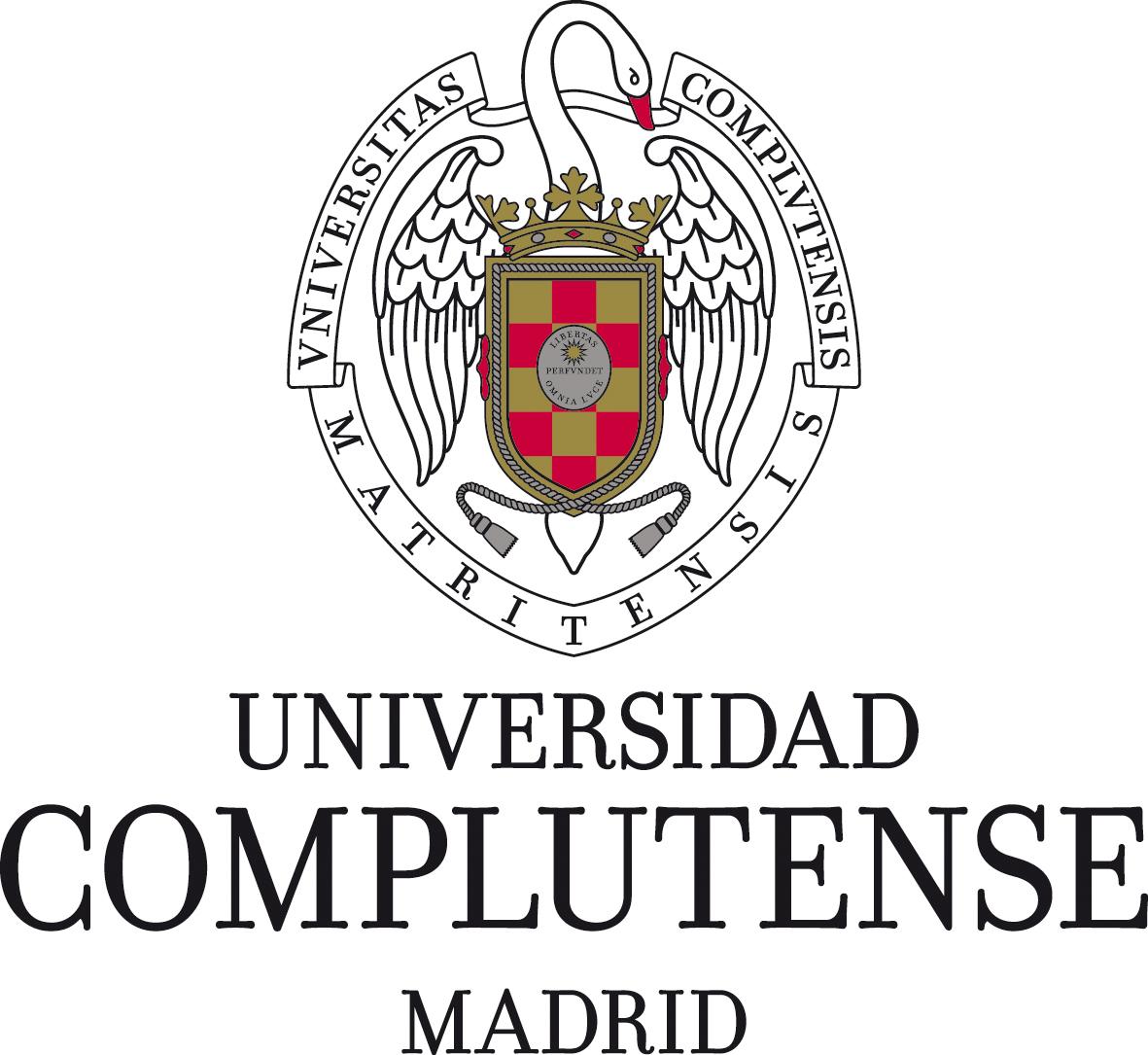El grupo investigación NCS lidera un proyecto de investigación del Programa Estatal de I+D+i
15 Oct 2021

El grupo de investigación Neurodidáctica, Ciencia y Sociedad lidera el proyecto de investigación: IDENTIFICACIÓN DE CONTEXTOS CIENTÍFICOS EN LA SOCIEDAD. HERRAMIENTAS PARA DOCENTES Y CIUDADANOS (RTI2018-094303-A-I00) del Ministerio de Ciencia e Innovación, correspondiente al Programa Estatal de I+D+i Orientada a los Retos de la Sociedad, en el marco del Plan Estatal de Investigación Científica y Técnica y de Innovación 2018 (duración: 2019-2021).
Ciencia en la sociedad
La ciencia y la tecnología juegan un papel fundamental en nuestra sociedad. De hecho, las características de nuestra forma de vivir, que se van modificando a lo largo de la historia, son inseparables de la evolución de los desarrollos científicos y tecnológicos. Ante esta situación cambiante, parece que la formación en ciencia debe ir actualizándose. Esto tiene indudables repercusiones tanto a nivel personal como social y también en la esfera económica individual y colectiva.

Estos conocimientos de ciencia y sobre la ciencia que la ciudadanía necesita para actuar en contextos cotidianos son conocidos como alfabetización científica o scientific literacy, y constituyen uno de los objetivos de la educación. Obviamente, su análisis ha preocupado a multitud de instituciones, como demuestran los estudios del Eurobarómetro sobre Percepción Pública de la Ciencia o las distintas oleadas de la FECYT, entre otros. Además, estos fines han sido recogidos en las sucesivas normativas educativas.
Esta situación de preocupación sobre la formación científica de la población ha ido evolucionando a lo largo de los últimos años. A este debate se han incorporado cada vez más países, también el nuestro, pero parece que aún se necesita una reflexión profunda sobre el modo más efectivo de determinar la situación del conocimiento científico en nuestra sociedad.
Alfabetización científica
Sin embargo, no parece sencillo determinar cuáles son los niveles deseables de alfabetización científica; de hecho, ni siquiera hay consenso sobre qué es deseable y cómo establecer estos niveles. También es interesante observar la evolución que ha tenido la literatura sobre public understanding of science; donde, hasta muy recientemente, este enfoque trataba a los legos como “menores de edad” con un déficit de formación (de ahí que se utilizara el llamado deficit model).

Por otra parte, se han podido caracterizar muy detalladamente los modelos docentes de los profesores de ciencias que mayoritariamente coinciden con un modelo transmisivo de la enseñanza, y se han analizado sus consecuencias en la formación de los alumnos. Además, en la formación del profesorado no se suele trabajar el desarrollo de herramientas metodológicas para la indagación. Esto, naturalmente, dificulta que nuestros futuros docentes sean capaces de identificar e incorporar al aula la realidad del alumnado; es decir, sus necesidades sobre qué ciencia aprender y cómo hacerlo.
En resumen, existe una brecha entre el modo de impartir docencia en las clases de ciencia y las necesidades formativas de la ciudadanía. Ciudadanía que ha sido convencida y, por tanto, supone que no dispone de herramientas cognitivas para analizar y dar respuesta a las exigencias del entorno; aunque en realidad interactúa con la ciencia en su quehacer diario y se enfrenta habitualmente a cuestiones socio–científicas.
Proyecto interuniversitario
Para acometer este proyecto nos coordinamos distintas Facultades de Educación (de la Universidad Complutense, U. Valladolid, U. Granada y U. CEU-Sevilla), con profesores especialistas en didáctica de las ciencias, sociología de la educación y métodos de investigación educativa. Además, colaboran la Facultad de Económicas de la U. Complutense con un especialista en valoración financiera, y el Museo Nacional de Ciencias Naturales (MNCN-CSIC).
Con esta diversidad en capacidades y convergencia en intenciones, nos proponemos:

- Desarrollar herramientas metodológicas para ayudar a los docentes, y a los ciudadanos a los que enseñan, a identificar contextos de ciencia presentes en la sociedad.
- Acompañar a los futuros docentes y a los ciudadanos en su indagación sobre los escenarios de la vida cotidiana con contenidos científicos.
- Promover entre los docentes el desarrollo de propuestas educativas que vinculen el aula con estos entornos sociales.
- Implementar estos diseños tanto en las prácticas en los centros educativos como en el contexto de las actividades del MNCN-CSIC.
- Analizar todo el proceso y el efecto social y económico de la incorporación de estos contenidos en nuestro entorno formativo.
En definitiva, buscamos formar a nuestros profesionales para que puedan incorporar entre sus competencias la capacidad de conectar lo aprendido en las asignaturas con las necesidades de la sociedad en la que están inmersos. En otras palabras, vamos a desarrollar, o a afinar, herramientas metodológicas para trabajar con nuestros estudiantes (futuros profesores) para que los profesores en formación sepan detectar la ciencia que existe en el entorno social y puedan, en su momento, trabajar con sus futuros alumnos. Además, en este proceso también obtendremos datos sobre la percepción social de la ciencia que tienen los futuros profesores, los alumnos actuales de Primaria y Secundaria que analizarán nuestros actuales estudiantes, y las muestras de ciudadanos que participen.
Consúltanos
sin compromiso
Resolvemos tus dudas y te asesoramos teniendo en cuenta todas tus necesidades.

